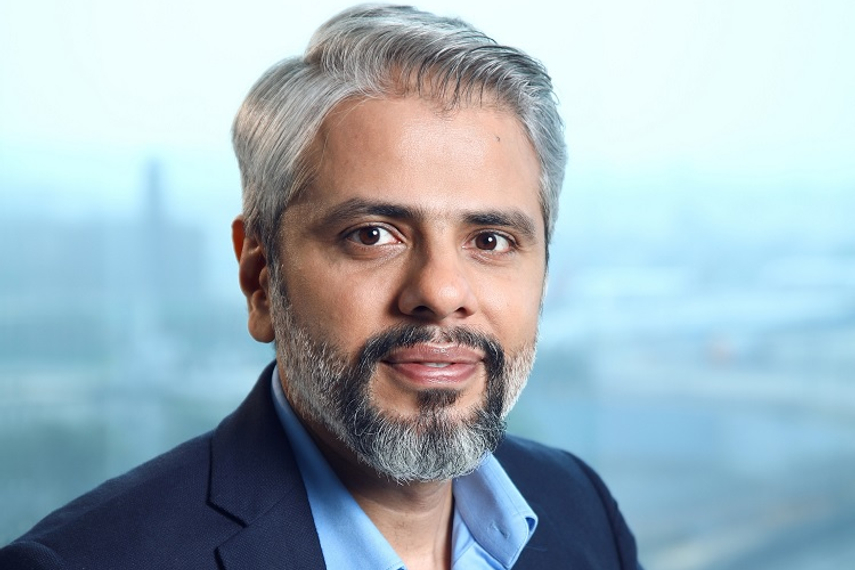
Please sign in or register
Existing users sign in here
Having trouble signing in?
Contact Customer Support at
[email protected]
or call+91 022 69047500
The recently appointed CEO of Wunderman Thompson South Asia, speaks with Campaign India on his first three months at the agency, growth plans, acquisitions, the Metaverse and a lot more...

Contact Customer Support at
[email protected]
or call+91 022 69047500
Top news, insights and analysis every weekday
Sign up for Campaign Bulletins
HUL to take down digital versions of the campaign; Honasa removes social media posts making a reference to Lakmé.
Aims to help brands deliver 3x consumer engagement for their IPL ad campaigns.
Creator journalists and UGC are starting to draw more attention from advertisers wary of potentially distressing content on news brands.
Wren was speaking at the Q1 earnings call and expects to close the IPG acquisition in H2 2025.